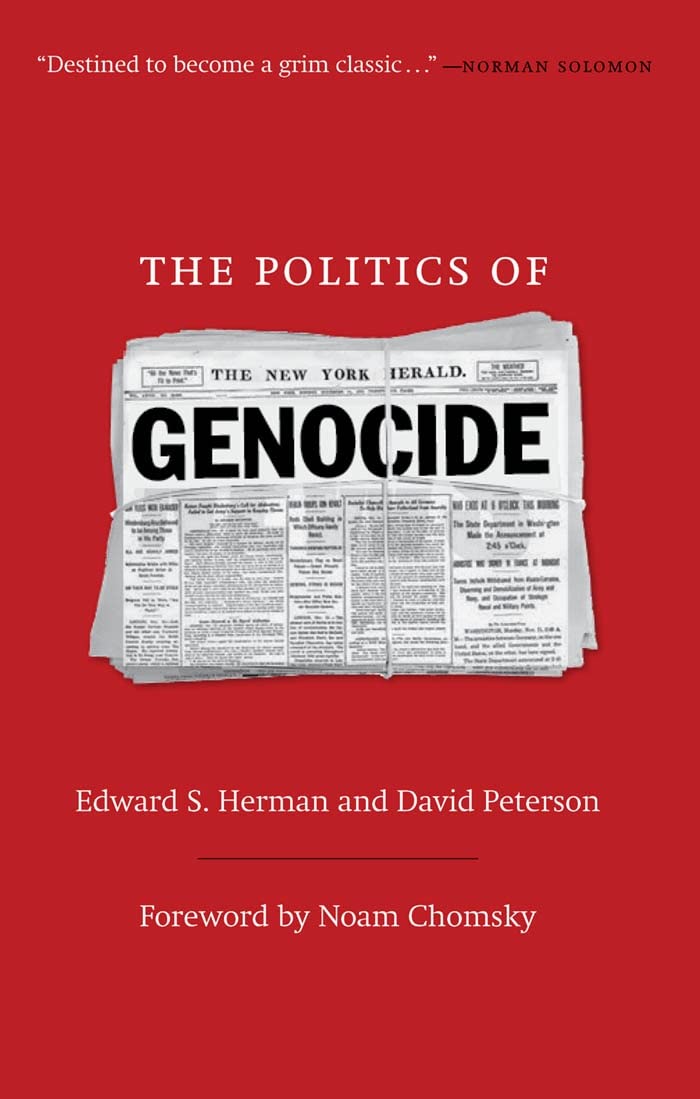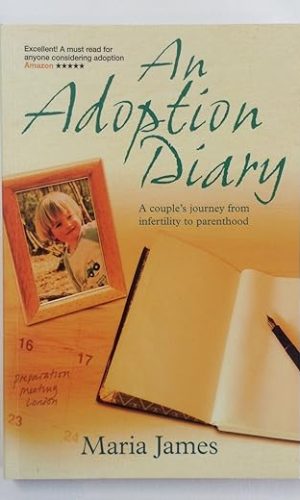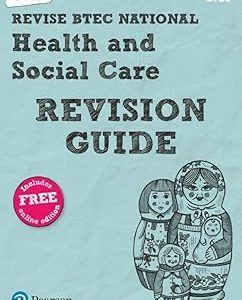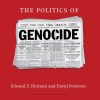The Politics of Genocide
£9.90£10.40 (-5%)
In this impressive book, Edward S. Herman and David Peterson examine the uses and abuses of the word “genocide.” They argue persuasively that the label is highly politicized and that in the United States it is used by the government, journalists, and academics to brand as evil those nations and political movements that in one way or another interfere with the imperial interests of U.S. capitalism. Thus the word “genocide” is seldom applied when the perpetrators are U.S. allies (or even the United States itself), while it is used almost indiscriminately when murders are committed or are alleged to have been committed by enemies of the United States and U.S. business interests. One set of rules applies to cases such as U.S. aggression in Vietnam, Israeli oppression of Palestinians, Indonesian slaughter of so-called communists and the people of East Timor, U.S. bombings in Serbia and Kosovo, the U.S. war of “liberation” in Iraq, and mass murders committed by U.S. allies in Rwanda and the Republic of Congo. Another set applies to cases such as Serbian aggression in Kosovo and Bosnia, killings carried out by U.S. enemies in Rwanda and Darfur, Saddam Hussein, any and all actions by Iran, and a host of others. With its careful and voluminous documentation, close reading of the U.S. media and political and scholarly writing on the subject, and clear and incisive charts, The Politics of Genocide is both a damning condemnation and stunning exposé of a deeply rooted and effective system of propaganda aimed at deceiving the population while promoting the expansion of a cruel and heartless imperial system.
Read more
Additional information
| Publisher | monthly review press (1 April 2010) |
|---|---|
| Language | English |
| Paperback | 178 pages |
| ISBN-10 | 1583672125 |
| ISBN-13 | 978-1583672129 |
| Dimensions | 13.94 x 1.12 x 20.98 cm |










by Tony Newlove
The most interesting aspect of this book is that first the Ottoman Empire, then the Young Turks, and finally Mustapha Kemal once they had decided that their desired policy was to exterminate or drive out all their Christian subjects pursued this aim with zeal and unnecessary cruelty and sadism. It is an interesting example of how ordinary Turks, most of whom would not normally have even dreamed of committing such bestial savageries, lent themselves en masse to murder, torture and rape simply because their leaders said it was alright, indeed even patriotic, to do it. Obviously there are lessons there for all humans, not just the Turks.
by LTY
It’s a sobering read. It’s shocking to know media’s bias and our own’s bias is rooted so deeply. Always hear the stories from the other side.
by The King
must read
by Jelicic Slavko
In 90s I was just a boy growing on Balkan and thought that people of USA, UK and other traditional Serbian allies were manipulated by Croatian, Bosnian and later Kosovo Albanian propaganda and was angry. I thought they didn’t know what was really happening and that Serbian enemies won media war while loosing the one on the field.
With help of this book also I today believe have a clue what have happened and I am not angry anymore but disappointed that Clinton administration can consider themselves being part of “civilized and democratic world”.
Visit also Lord Byron’s foundation for Balkan studies website and read more.
The truth is the highest aesthetics and can not be suppressed. Thanks to Herman and Peterson we didn’t have to wait too long.
by Lewis Barclay
The term “Genocide” has been used and abused since the end of the Second World War to justify foreign policies of the West and their allies. This book clearly illustrates the link between Western foreign policy and the media’s fixation on genocide to justify Western atrocities by emphasizing the atrocities of other “enemy nations”. However, this book contradicts itself. While rightfully claiming the term “Genocide” abused, the authors themselves use and abuse the term. While denouncing Srebrenica and Rwanda as genocides, they then absurdly go on to claim the economic sanctions on Iraq throughout the 1990s and the Vietnam war constituted genocide (despite Srebrenica and Rwanda being classed as acts of genocide by the UN).
The book itself is effective in describing the political implications of the use of the word “Genocide”. On the other hand the authors’ own accusations of genocide is the biggest drawback of this book and almost makes it as if they’ were arguing against themselves.